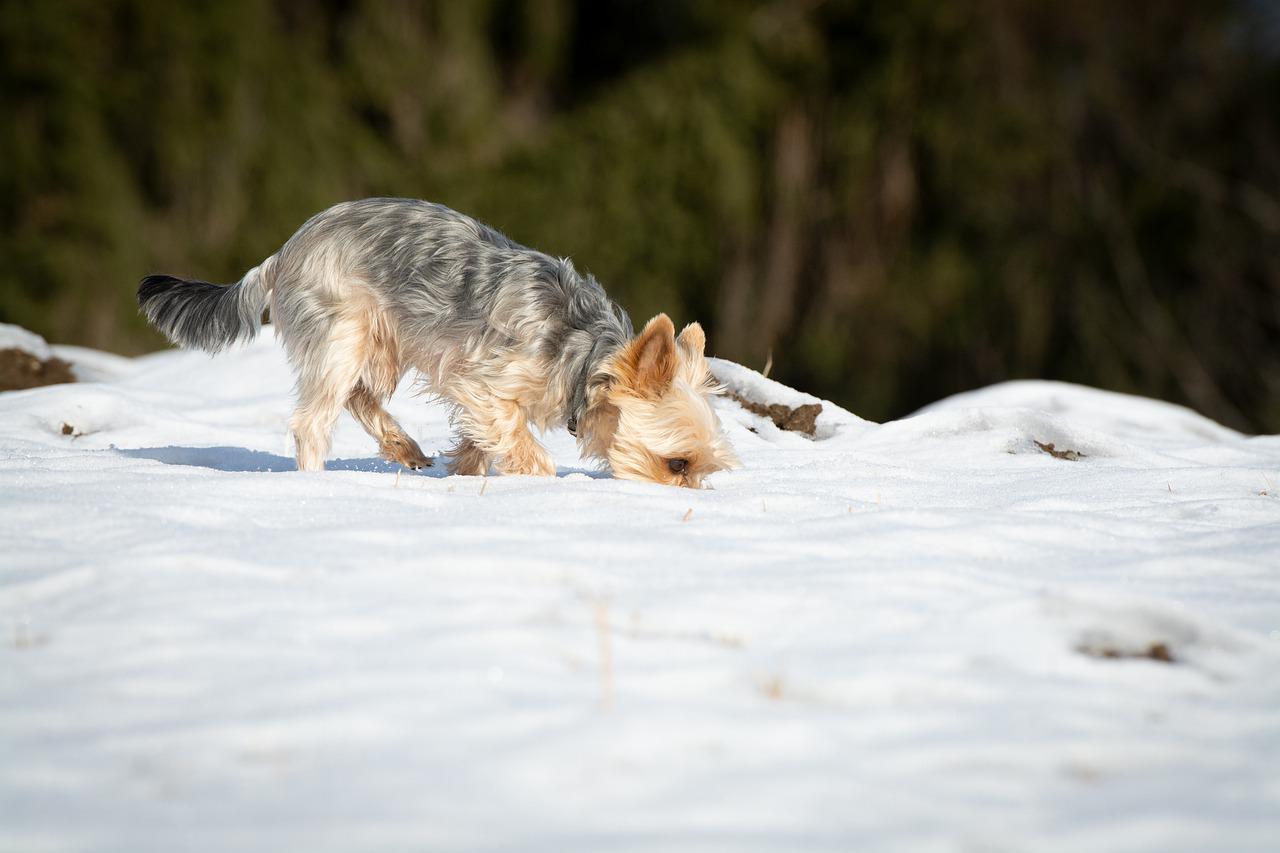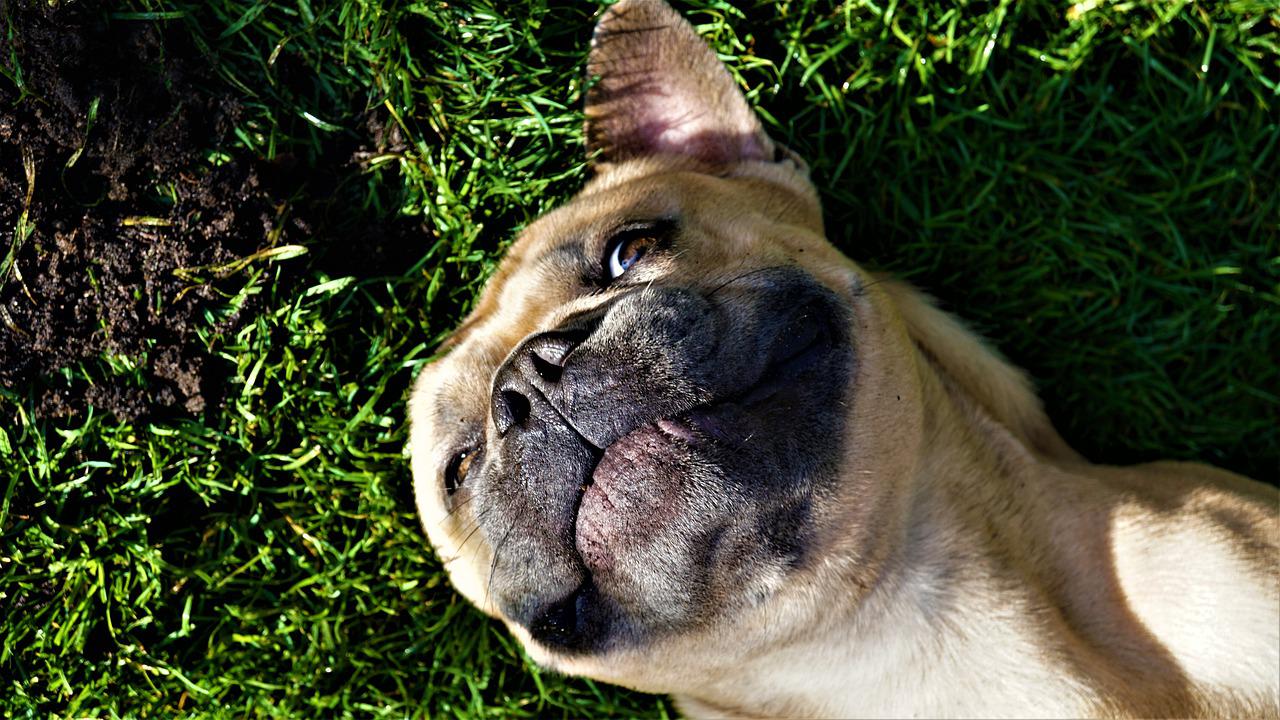
Dogs have an innate propensity to dig, but this doesn’t make the behavior any less problematic. Your dog may escape if he or she were to dig along the fence line in your yard. Your grass will be torn up and your dog will make holes all over the place if they are allowed to dig around the yard.
You are fortunate in that there are answers to the problem of a dog that won’t stop digging. Similar to the abundance of resources available on the best way to give your dog a wash, there is no shortage of advice on how to prevent your dog from digging. However, if you want to prevent your dog from digging, it’s essential to provide them with plenty of mental and physical exercise every day. When left alone all day, a dog may develop dog anxiety symptoms like digging if it is boring.
The best way to stop your dog from digging is to figure out why he or she is doing it in the first place. To prevent your dog from getting into trouble, you may want to increase the amount of time you spend with him or her outdoors, play with him or her more often or introduce him to some new toys. Here are some ideas to keep your dog from digging in the yard.
Why Do Dogs Like to Dig?

It’s natural to wonder why your dog is digging holes in the yard. The bright side of digging is that it’s a normal canine habit. When we see a dog digging, it’s because they’re engaging in an activity that has been essential to the survival of dogs since their ancestors. The propensity to dig is one reason why certain breeds of dog are utilized as hunting dogs. Digging is a trait that cannot be totally eradicated in dogs of some breeds, such as terriers.
There are various more reasons a dog could dig beside the fact that it is a dog or that dogs of a certain breed are predisposed to do so.
Recreational Activities
To relieve their boredom, dogs will do everything from playing with the owner to chewing on furniture. Similar to how bored dogs often resort to digging as an outlet, bored dogs may be a real pain in the neck. It’s possible that your dog enjoys digging since it offers them something to do. Some canines just can’t resist the urge to paw at the earth’s foundation.
If you suspect that your dog’s digging is the result of boredom, it’s important that you provide him with additional mental and physical stimulation on a regular basis. Do your best to increase the amount of time you spend with your dog in the yard. Keep in mind that your dog needs constant supervision while they are playing in the yard.
If you notice that your dog is becoming bored or restless, purchasing a few new toys may help.
If you’re outdoors with your dog, tossing a ball around or engaging in any other kind of play might reduce the amount of digging they do. Signs of dehydration in dogs, such as heavy panting, may be seen while walking your dog outdoors.
Try picking up a few chew toys that your dog can take out into the yard if you have a dog that likes to dig for fun.
Catching a meal
For hundreds of years, hunters have picked and developed various dog breeds for specific traits, including a propensity for digging. It’s possible that your dog is bored and digging to entertain themselves, but they might also be attempting to get to anything buried there, like a burrowing mammal or an insect.
To prepare for a hunt, your dog may dig in a specific area of the yard. It’s possible that your dog may dig up the roots of nearby plants in a “path” pattern, in order to track whatever small critter or bug they’re after.
As strange as it may seem, a dog that digs to catch prey might be rather useful. A professional may come in and use humane traps and other measures to get rid of any burrowing animals in your yard that your dog is seeking, saving you from any more harm.
Relaxing and soothing
It’s possible that an anxious or stressed-out dog is digging excessively for no other reason than to satisfy his or her own comfort. Your dog may feel less anxious if they have something to concentrate on, and digging provides that. Anxious dog breeds or canines with a history of anxiety may be more prone to this behavior.
Anxiety-related digging might be further classified as a displacement activity or a compulsive habit, depending on the circumstances. Some dogs engage in digging as a means of “displacing” their irritation or stress. This might happen if they’re feeling stressed, as during a storm or when there are drastic changes to their surroundings. If this is not addressed, the individual may develop a compulsive disorder in which the action is performed outside of its initial setting and continues to dominate their daily life.
Consult your veterinarian for advice on how to calm your dog down if he or she won’t stop digging out of fear or discomfort. Get your dog to quit digging by providing him with a secure environment both inside and outside the home and by taking steps to reduce his overall anxiety.
How to Keep Your Dog From Digging

It’s crucial to understand why your dog is digging so much and what you can do to stop him or her from doing so, since a digging dog may do considerable harm. There are certain things you can do to discourage your dog from digging once you let him or her outside.
- If your dog spends too much time digging in the yard, try distracting them with a food puzzle. Treat toys like food puzzles are wonderful for entertaining your pet while you’re out of the house. Also, you may take your pet outside and play fetch or tug of war with it. Digging may be a sign of boredom in dogs, so provide them with plenty of toys and activities to keep them occupied. Invest in some new chew toys and balls for your dog to play with when they go outdoors if they don’t already have a wide selection.
- Go outdoors with your dog whenever you let it outside. If you leave your dog outdoors alone, they may get anxious and dig, but if you spend some time with them, they may settle down. Dogs that are susceptible to dog seizures should always be under close supervision.
- To keep your dog occupied, it’s not enough to buy them new toys; you also need to play with them often. Make sure you set aside time every day to play with your dog and release some of that pent-up energy.
- Your dog will benefit from having a designated digging spot in the yard. Dogs need an area where they may dig freely to burn off some of their boundless energy. Choose a place that won’t be disturbed or is broken down. Dogs may be discouraged from digging in certain locations with the use of deterrents, such as a sandbox with toys buried in it.
- If you notice that your dog is overheating while outdoors and is digging holes to rest in, you should provide some kind of cooling relief. If you don’t want your dog to overheat, it should not be allowed to sit in the sunlight for long periods of time.
- You may teach your dog some simple orders to stop digging by following some simple instructions. Training commands like “leave it” and “look” might assist redirect your pet’s focus.
Exactly what Methods Fail to Prevent Digging?
As challenging as dog training may be, so too may be getting your dog to quit digging. Here are some of the most tried and true methods for stopping a dog from digging, and why they fail time and time again.
If you really care about your dog, you won’t use anything that might be harmful to him. It’s tempting to try to prevent your dog from digging in some areas of your yard by erecting physical barriers, using electrical fences and collars, or even using chemicals, but you shouldn’t do this if you don’t have to. Before making any significant alterations to your yard, it’s best to consult with your veterinarian.
Instead of punishing your dog, which may cause him or her to develop a fear of humans, try using positive reinforcement to teach him or her to cease the destructive behavior of digging. If your dog goes outdoors to relieve itself and returns without digging, praise and reward him with a treat. Even so, you may teach your dog not to dig in the house or yard.
In Conclusion
When you have a gorgeous yard that your dog keeps digging up, having a dog who digs too much may be a real hassle. Digging is a natural canine instinct, but there are ways to prevent excessive digging or digging in inappropriate places. Providing sufficient fun and exercise for your dog is the top priority.